Students from the D. José I grouping of schools in Vila Real de Santo António (VRSA) will help keep the beach in Monte Gordo, within the scope of the “A Minha Praia” project, one of the winners of the Participatory Budget Portugal (OPP) and which is coordinated by the Centro Ciência Viva de Tavira.
This project «to make the school public aware of the conservation of the marine environment, through the creation of a network for monitoring and collecting marine litter along the Algarve coast», according to the Chamber of VRSA.
Yesterday, Thursday, the CCV of Tavira was at the D. José I grouping of schools to present the results of the “A Minha Praia” project to Luís Pinheiro, Secretary of State for Administrative Modernization, who was in the Algarve.
According to Ana Ramos, CCV director in Tavira, “the goal is to collect, by the end of this campaign, around a ton of waste from the six Algarve beaches involved in the project”. One of them is the Monte Gordo, which has been cleaned and monitored by students and teachers from the Vila Real group.
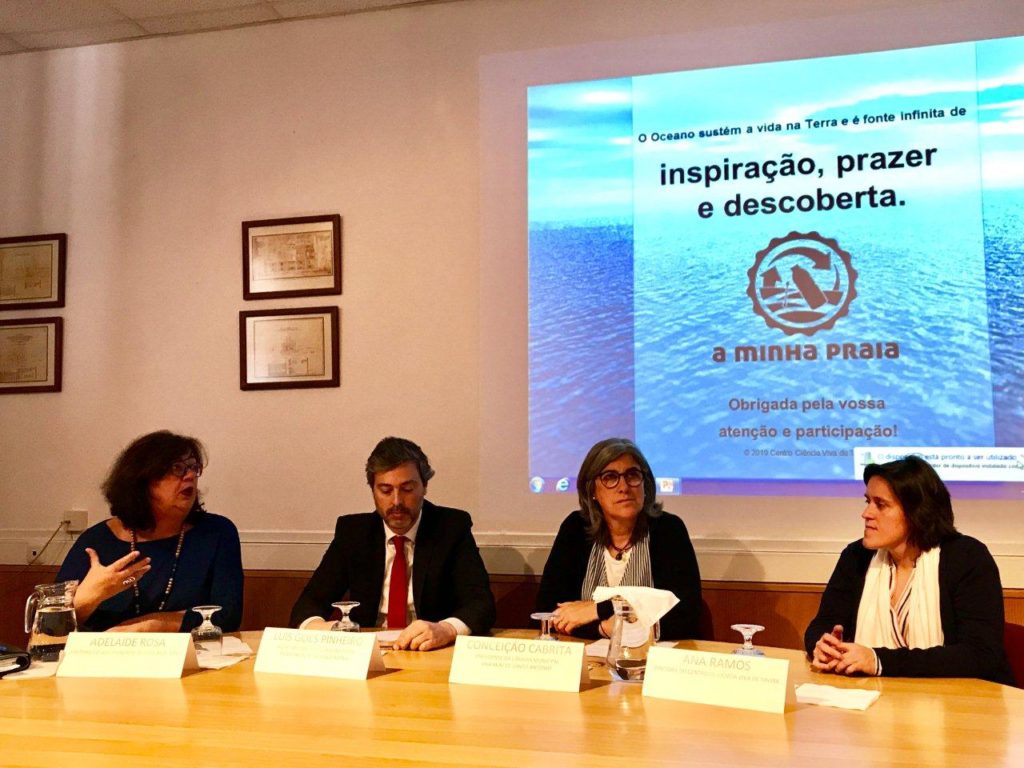
For Conceição Cabrita, Mayor of VRSA, «this project allows for a close work of environmental awareness and awareness of the issues of our natural heritage, which is being implemented on the beach of Monte Gordo and included in our educational offer».
Luís Pinheiro, in turn, stressed that this is one of the projects financed by the Participatory Budget Portugal, which has a budget of 5 million euros from the State Budget to distribute among the winning ideas.
In the case of “A Minha Praia”, it was one of the 2017 OPP winners and is coordinated by the Centro Ciência Viva de Tavira, “which has partnered with the Centro Ciência Viva do Algarve and the Centro Ciência Viva de Lagos to create a monitoring network marine litter along the Algarve coast'.
Each Ciência Viva Center is responsible for carrying out several actions to monitor marine litter on the referenced beaches that are within its geographical reach.
These monitoring actions follow the methodology proposed and standardized by the OSPAR Convention (Convention for the Protection of the Marine Environment of the Northeast Atlantic), which is the current legislative instrument that regulates international cooperation in environmental protection in the Northeast Atlantic and of which Portugal is signatory since 1992.
Photos: VRSA Chamber and Tavira Live Science Center
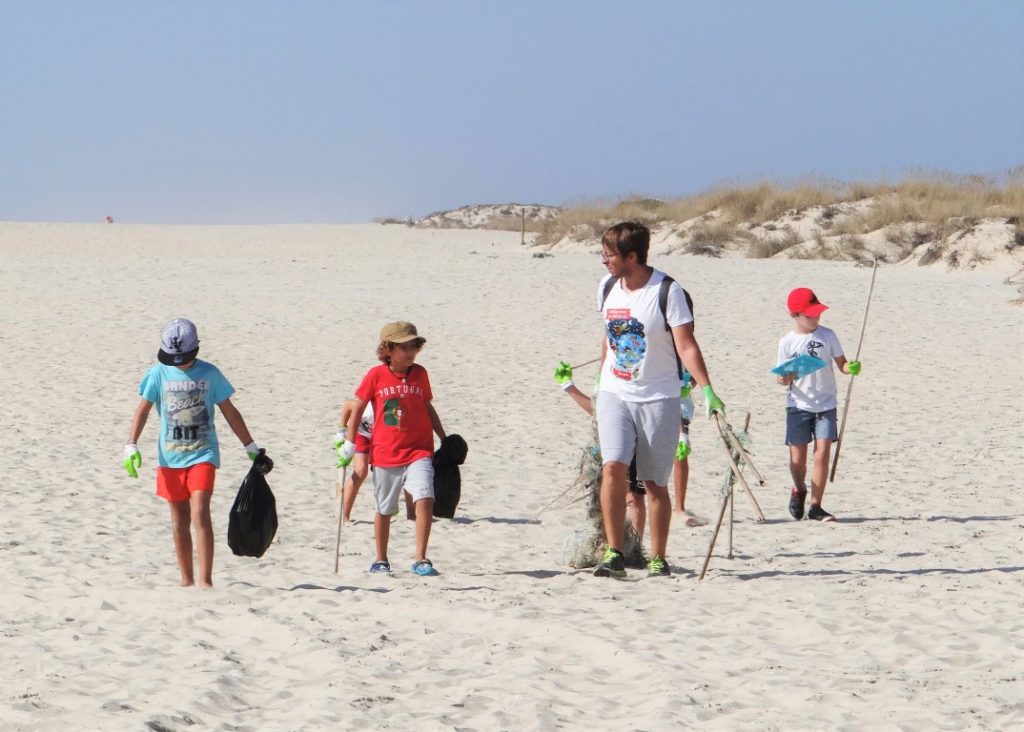
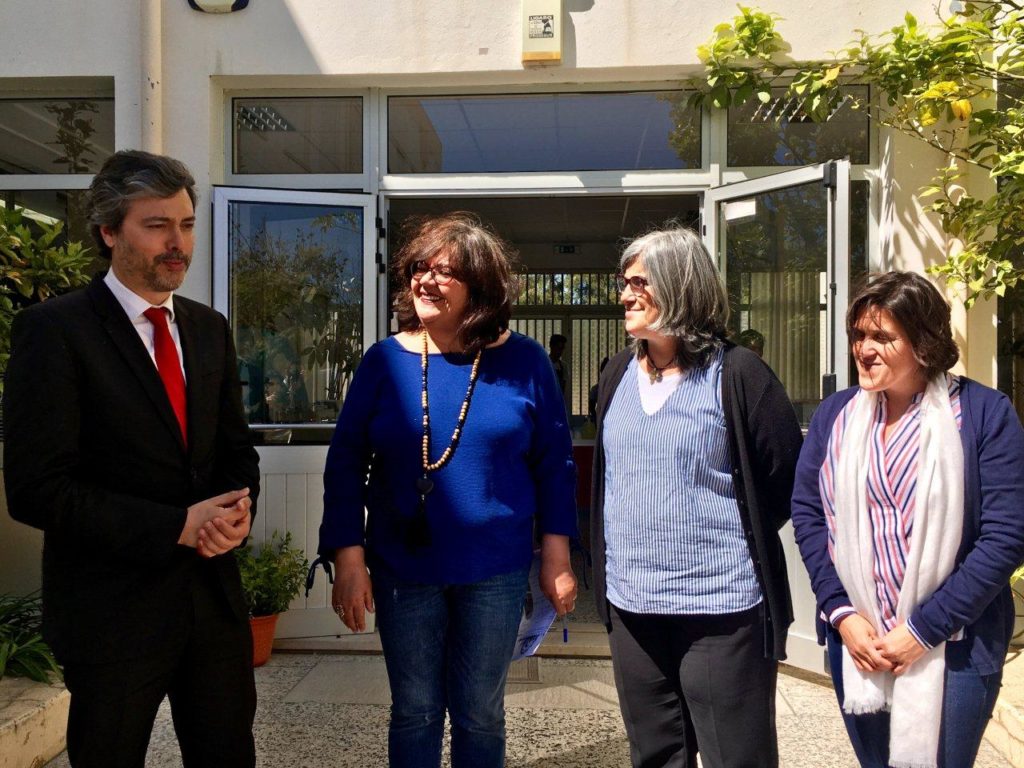
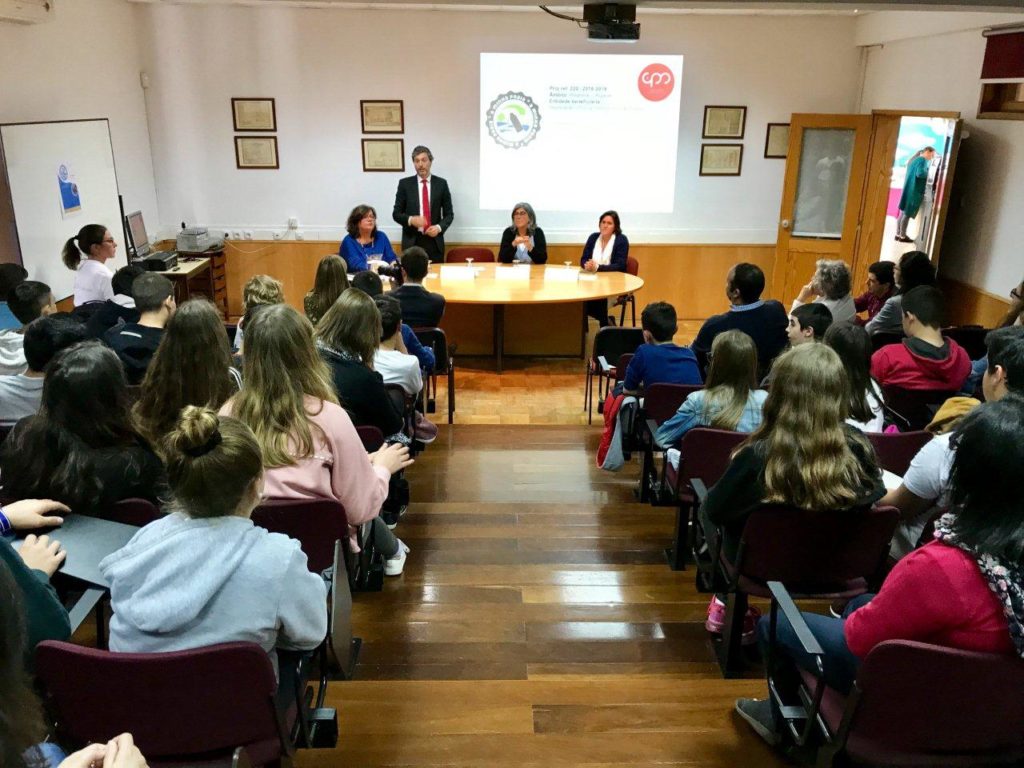
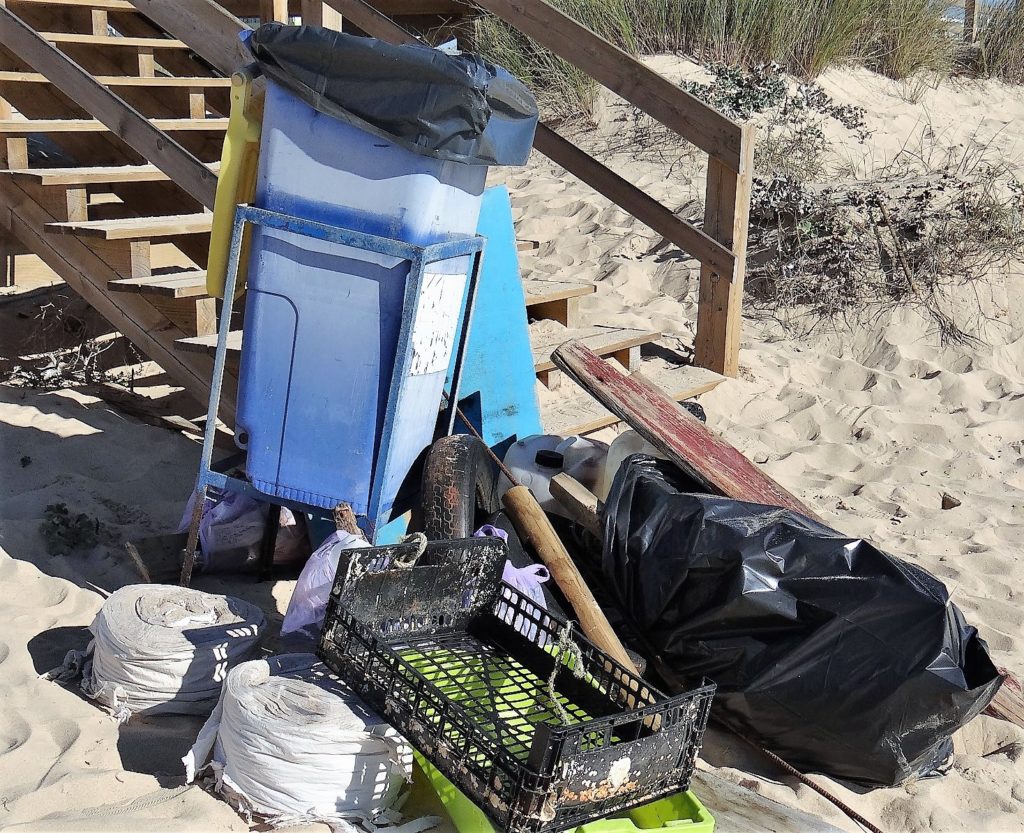
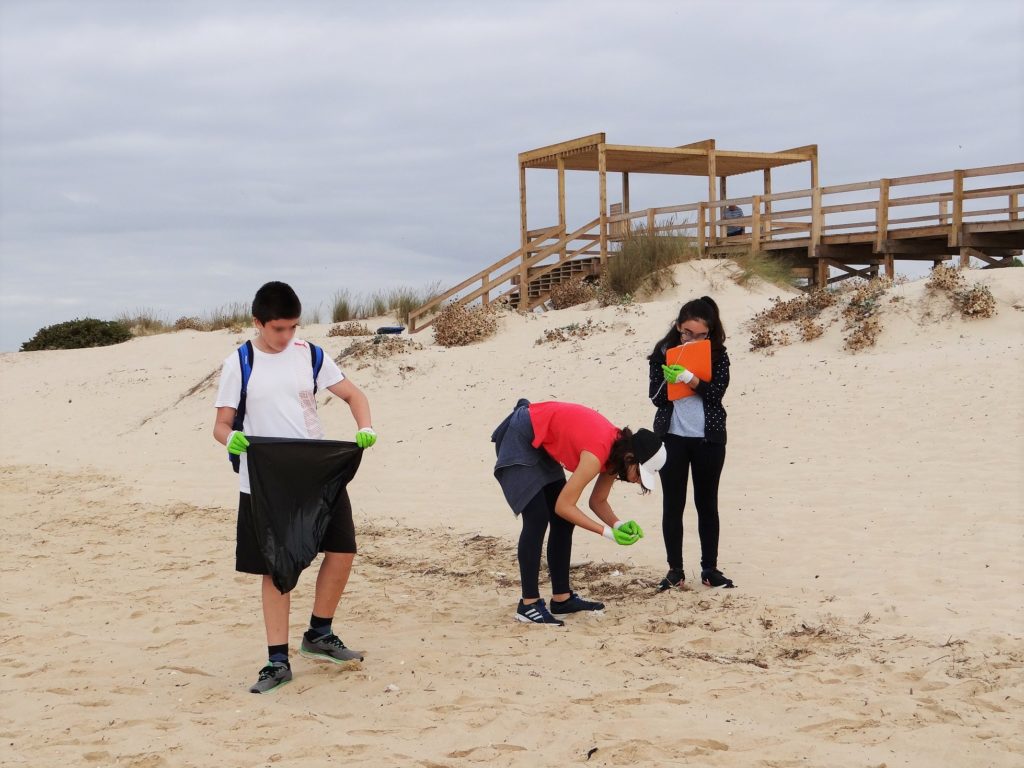
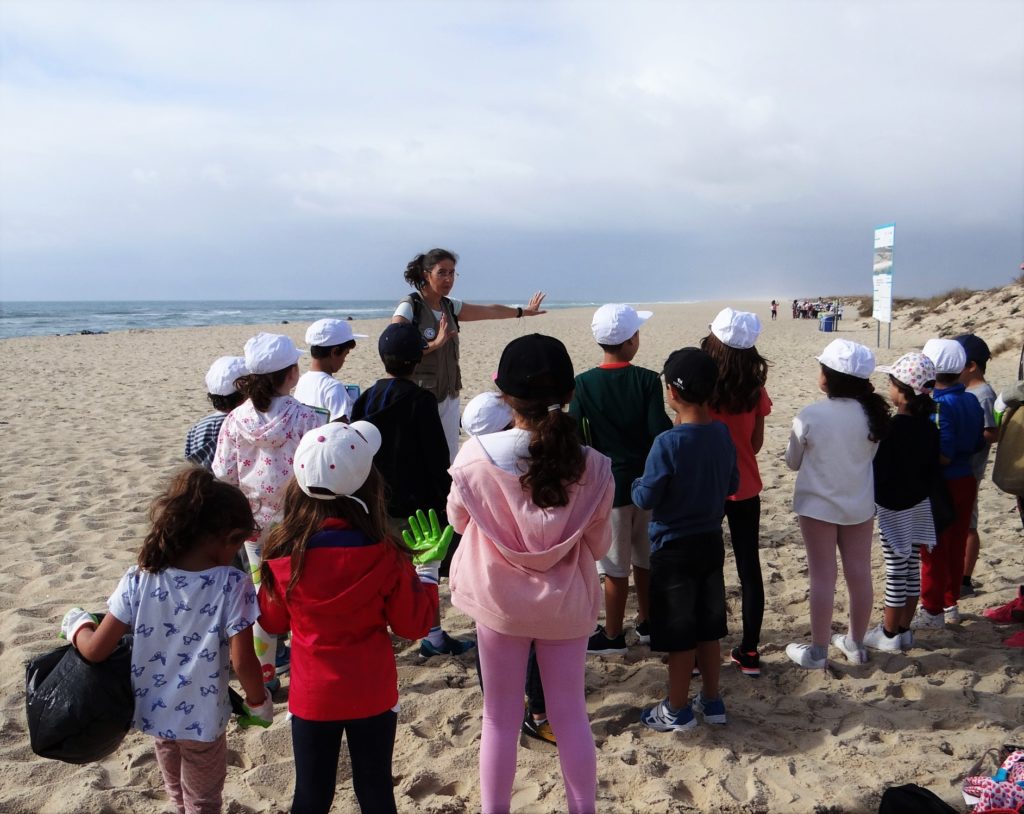
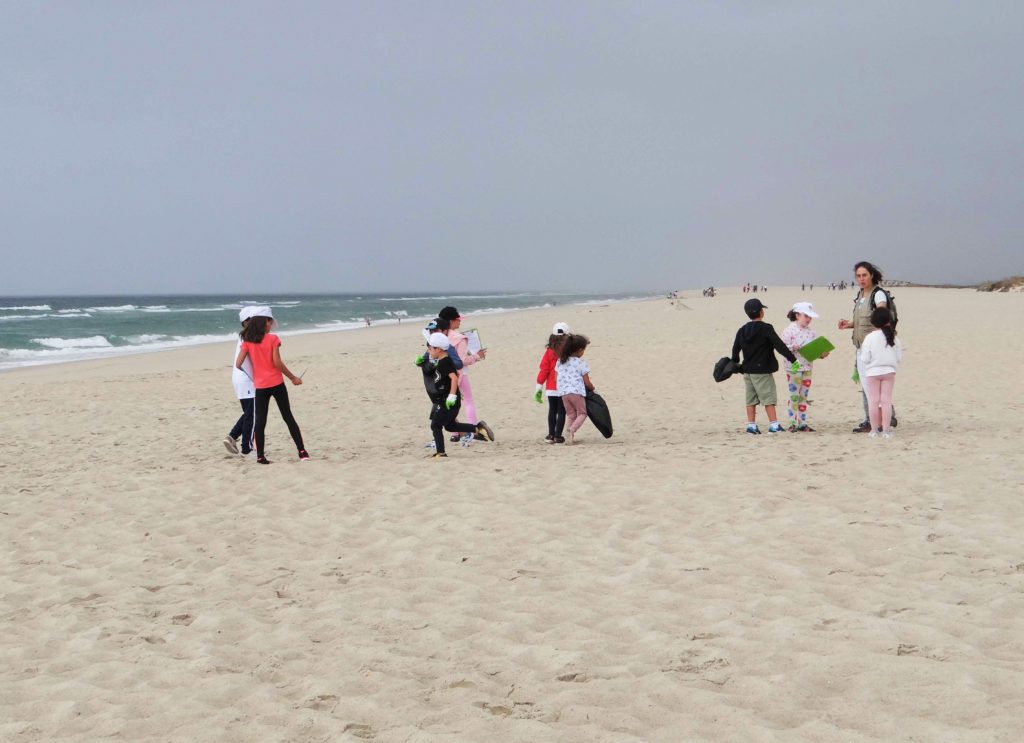


















Comments